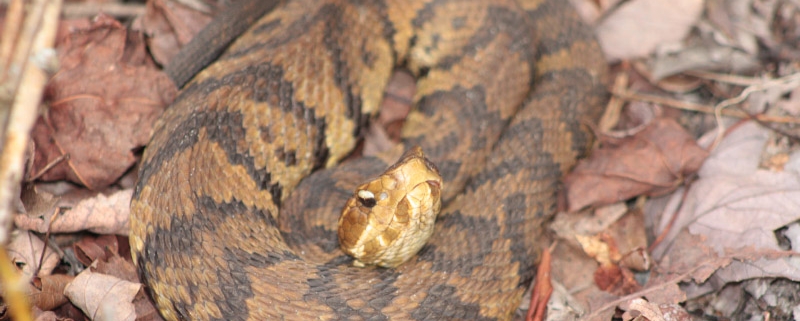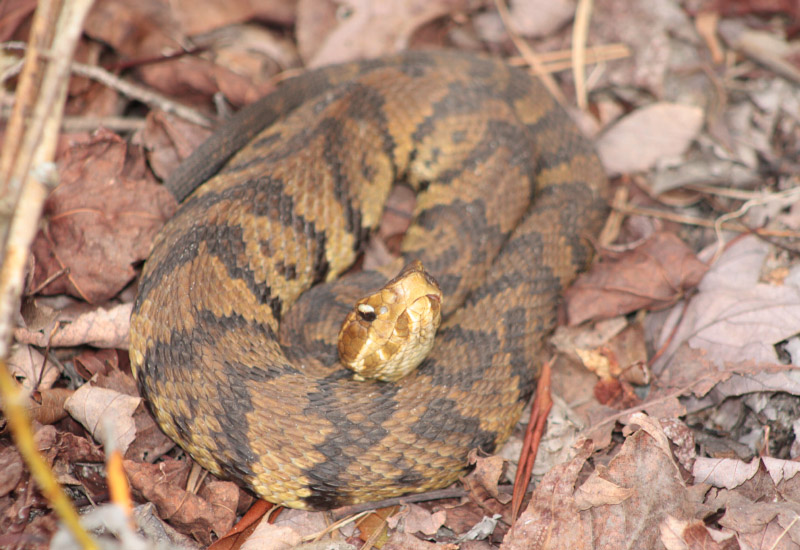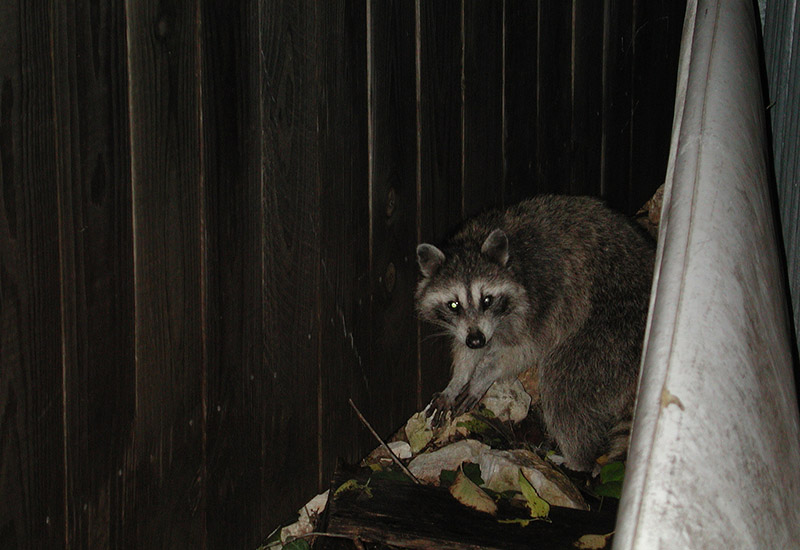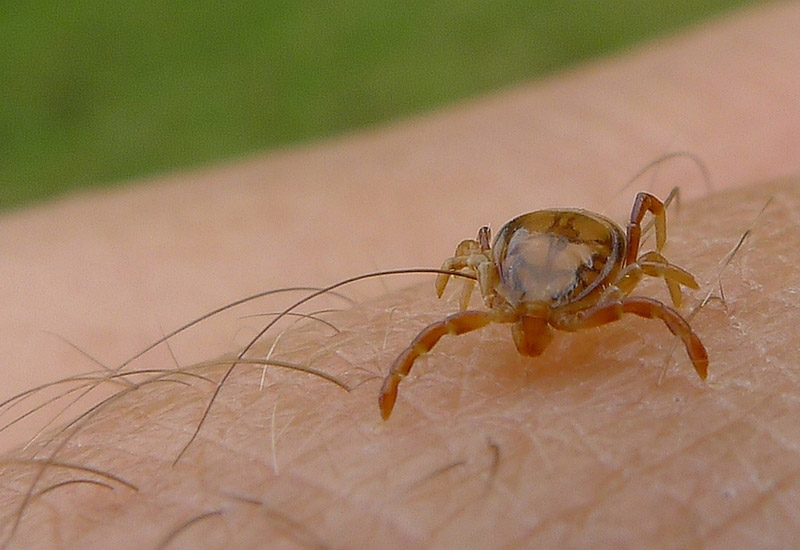Summer Weather Bringing Out Dangerous Pests in Cary
Cary, NC – There is a lot to love about Summer, but as we get closer to the warm, wet weather, there are also some natural risks that start to arise, both for humans and your pets.
Summertime Snakes
Hot temperatures can bring out some dangerous creatures that hid during the cool Winter and early Spring, particularly snakes. The Veterinary Specialty Hospital of the Carolinas, which has locations across the Triangle including in Cary on Tryon Road, reported 19 snake bites on pets across its locations this month.
Cary and surrounding residents need to take special precaution against snakes, as last year, WakeMed doctors said Wake County had more reported snake bites than any county in North Carolina. Part of this is due to new snakes hatching in the early Summer, but also, as Cary and Wake County experiences infill, former vacant farmland where snakes live is turned into suburbs and people move into snakes’ habitats.
To avoid snakes getting close to you, your children or your pets, try to make your yard and home free of clutter, such as plant debris and piles of rocks, where snakes can lay and nest. Also, snakes prefer tall grasses so be careful about walking through these areas. Also, snakes tend to come out at night so be careful around dawn and dusk.
If you are bit, don’t take the risk: call 911, and also try and identify what kind of snake bit you.
Rabies Cases
As warmer weather starts, so do reports of rabies cases. So far, Cary has only had one reported case of rabies back in mid-April, when a bat was captured and tested positive for rabies.
Bats are particularly dangerous when it comes to rabies, but residents should be weary of any injured wild animal or a wild animal that is acting suspiciously. If you do find yourself in contact with an animal you suspect may have rabies, wear protective clothing, especially thick gloves, and be careful of saliva, blood and other bodily fluids or contact. This also means wearing this protection if you find your own pet attacked or injured.
If you or your pet is attacked by a wild animal, get help immediately to address rabies concerns. If you see an animal you suspect is rabid in Cary, call Cary Animal Services at 919-319-4517.
Ticks and Mosquitos
While snakes and rabid animals are relatively easy to spot, ticks and mosquitos can slip through our defenses, and carry just as much risk.
Like with snakes, the warm, wet weather results in lots of new ticks, mosquitos and other parasitic insects hatching. May is the peak of tick season in North Carolina, and if you are bitten, you can get serious infections including lyme disease, Rocky Mountain Spotted Fever and anaplasmosis.
Ticks can get on you by climbing up your legs so avoid stepping through thick clumps of leaves or grass, or if you have to walk through these, wear thick shoes, long socks and apply bug spray to your legs. Additionally, ticks can drop down from trees so check your scalp after going under a thick forest this season.
If you do see a tick, use tweezers to pull it out. If you suspect the tick has been on you for several hours, save it to take with you to a doctor for testing.
With mosquitos, peak mosquito season is starting now in May and dies off by the end of July. Mosquitos will congregate in any wet area, so lake banks, marshes, creeks, etc. But they can also hatch in any puddles you have on your property so after a rain storm, tip over anything that could be holding pools of water and clean out any bird baths you have on a regular basis.
Like with ticks, protect yourself against mosquitos by wearing long clothing that can guard your skin.
Story by staff reports. Photos by Bob, John Tann and Jeff Kramer.






